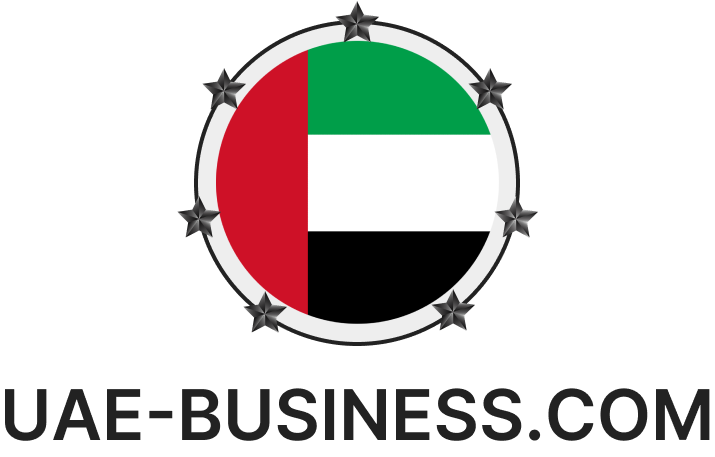EZDUBAI LAUNCHES FOURTH E-COMMERCE REPORT, HIGHLIGHTS KEY TRENDS SHAPING MENA E-COMMERCE MARKET
The total e-commerce market value in the UAE reached AED 27.5 billion in 2023, and is expected to surpass AED 48.8 billion by 2028.
The e-commerce market size in MENA is estimated at AED 106.5 billion in 2023.
The compound annual growth rate (CAGR) of the MENA e-commerce industry has grown by 25% from 2018 until 2023.
EZDubai, the fully dedicated e-commerce zone in Dubai South, has launched the fourth edition of its ‘E-Commerce Report in the MENA Region 2023’ in collaboration with Euromonitor International, the world’s leading provider for global business intelligence, market analysis and consumer insights. The report revealed that the UAE’s total e-commerce market size reached AED 27.5 billion in 2023, and is expected to surpass AED 48.8 billion in 2028.
The rapid surge in e-commerce adoption in the UAE is fueled by the tech-savvy Gen Z and millennial population, empowered by strong government support in regulations and backed by substantial investments in digital infrastructure. The top three verticals by value in 2023 were apparel and footwear, consumer electronics and media products.
In the UAE, consumers prefer mobile-based shopping, prioritising convenience and cost-effectiveness. Credit and debit cards are the dominant payment methods for online purchases, as reported by 93.2% of respondents in Euromonitor International’s 2023 survey, showing strong confidence in traditional banking. Smartphones are a widely preferred medium for online shopping, indicating a growing reliance on seamless, mobile-centric shopping experiences, and emphasising the importance of social media.
Meanwhile, E-commerce in the MENA region continued its rise in 2023, with a year-on-year growth of 11.8% to reach nearly AED 106.5 billion after reflecting strong online adoption over the historic period, with a CAGR growth of 25% since 2018. The e-commerce market size in the MENA is expected to reach AED 183.6 billion in 2028.
Key trends shaping MENA e-commerce include increased omnichannel adaptation, as consumers demand seamless shopping experiences, alongside a rise in digital payments and a shift towards payment apps. The popularity of membership programs and the expansion of online grocery shopping also mark significant changes. Furthermore, mobile commerce in the UAE and Saudi Arabia has seen a substantial surge, with its value nearly quadrupling from 2018 to 2023, reaching approximately AED 14.3 billion and AED 16.1 billion, respectively.
In his comments, Mohsen Ahmad, CEO of Logistics District, Dubai South said: “We are pleased to launch the fourth e-commerce report in partnership with Euromonitor and share the latest insights on the sector with our stakeholders. The region’s e-commerce industry has been witnessing impressive growth, and is primed for further robustness in the future, due to the widespread high-speed internet connectivity, and favorable policies mainly focused on development of digital payments and logistics infrastructure. The UAE has also introduced a new e-commerce law in 2023 to enhance its digital economy by encouraging investment, protecting consumer rights, and fostering innovation. At EZDubai, our mandate is to contribute to the government’s vision and cement the emirate’s position as a hub for regional e-commerce.”
EZDubai was designed to attract leading e-commerce companies and create a benchmark with its infrastructure. The e-commerce zone, launched in January 2019 by HH Sheikh Mohammed bin Rashid Al Maktoum, Vice President and Prime Minister of the UAE and Ruler of Dubai, is strategically located in the heart of the Logistics District of Dubai South.
For further insights, please download the full report via the following link.
